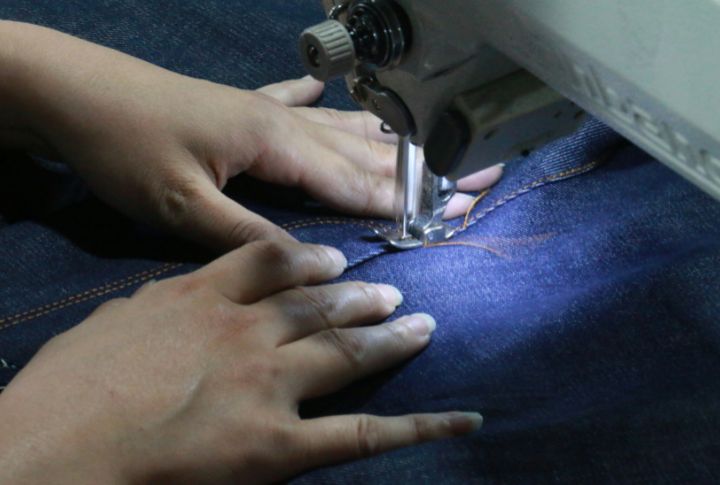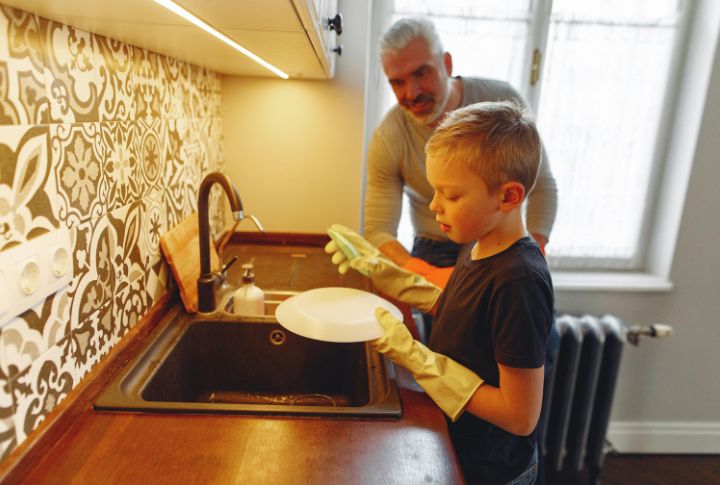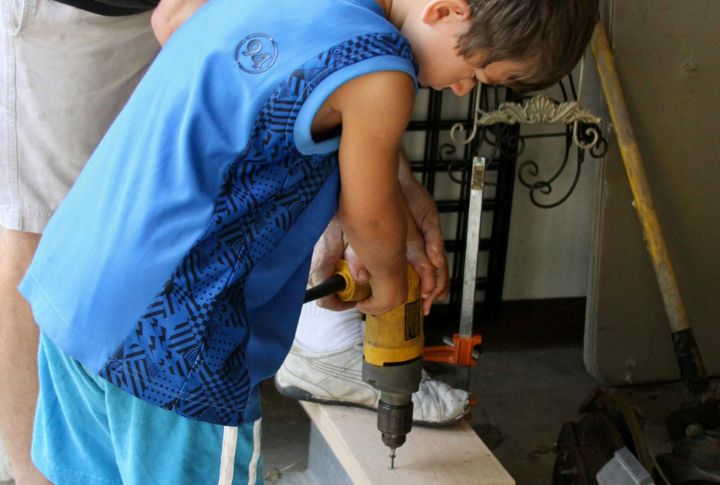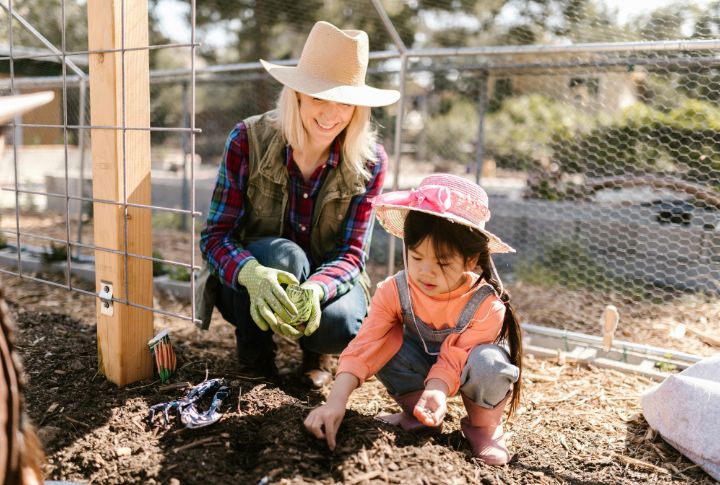
Before smartphones and smart appliances, life ran on know-how passed down through generations. Most everyday tasks weren’t just chores—they were lessons in resilience, creativity, and connection. Families lived them hands-on. And in the process, they built character, saved money, and created memories that stuck. Let’s revisit the simple practices that shaped us—and maybe still should.
Cooking From Scratch

In the past, making meals from scratch was just part of life. Using simple ingredients taught independence and creativity. Parents shared traditions through bread and jam. And those kitchens became more than cooking spaces as they were places for bonding, learning, and creating memories that stayed with you forever.
Mending Clothes

You’ve probably seen those old patched-up jeans, right? They saved families money and kept clothes useful much longer. Fixing garments also built patience and dexterity. The best part? Patches could look playful. Way back then, kids even learned to thread a needle and make repairs.
Writing Thank-You Notes

There was a time when saying “thank you” meant grabbing pen and paper. The note itself was a lesson in etiquette, teaching respect and care with details. People usually saved them for years. And with every letter written, literacy and composition skills quietly grew stronger.
Proper Table Manners

Good table manners once said a lot about your upbringing. Knowing how to sit properly, use utensils, and join in polite conversation showed respect and self-discipline. Families took pride in these habits by teaching children that refinement at the table reflected values carried everywhere else.
Homemade Remedies And Herbal Knowledge

Long before modern medicine was easy to find, families brewed teas, mixed salves, and relied on homemade remedies. Honey for a cough or herbs for rest were everyday solutions. Grandparents usually passed this knowledge down, imparting sharp observation and a respect for traditions that actually worked.
Chores And Household Responsibility

In many homes, kids had to help with daily chores. Washing dishes or scrubbing floors didn’t feel like punishment—it developed responsibility. Every task taught accountability and useful skills. Family life revolved around shared duties, and those routines gave children a work ethic that lasted well into adulthood.
Polite Greeting And Social Etiquette

First impressions mattered, and greetings set the tone. Whether it was a bow or a firm handshake, it reflected respect. Kids were taught to introduce adults first, never forgetting elders. These courtesies made daily interactions easier, while showing others they’d been raised with care and consideration.
Simple Carpentry Or Woodworking

Woodworking used to be a part of everyday life. Fixing furniture or building shelves taught patience, tool use, and problem-solving. Parents encouraged kids to start small with things like birdhouses. Along the way, they built spatial awareness and the confidence to handle practical repairs themselves.
Gardening And Growing Food

Back then, having a garden wasn’t just a hobby—it was how families put food on the table. Kids learned by helping out, tending plants and a few animals, picking up patience, and noticing the seasons. Sometimes, that little backyard often supplied most of the day’s meals.
Managing Money Wisely

Money was tracked with pencil and paper, not apps. Families budgeted tightly, saved intentionally, and invested in things that lasted—homes, education, small businesses. Kids also learned to spend wisely and value every dollar. It wasn’t flashy, but it built lifelong financial confidence.

